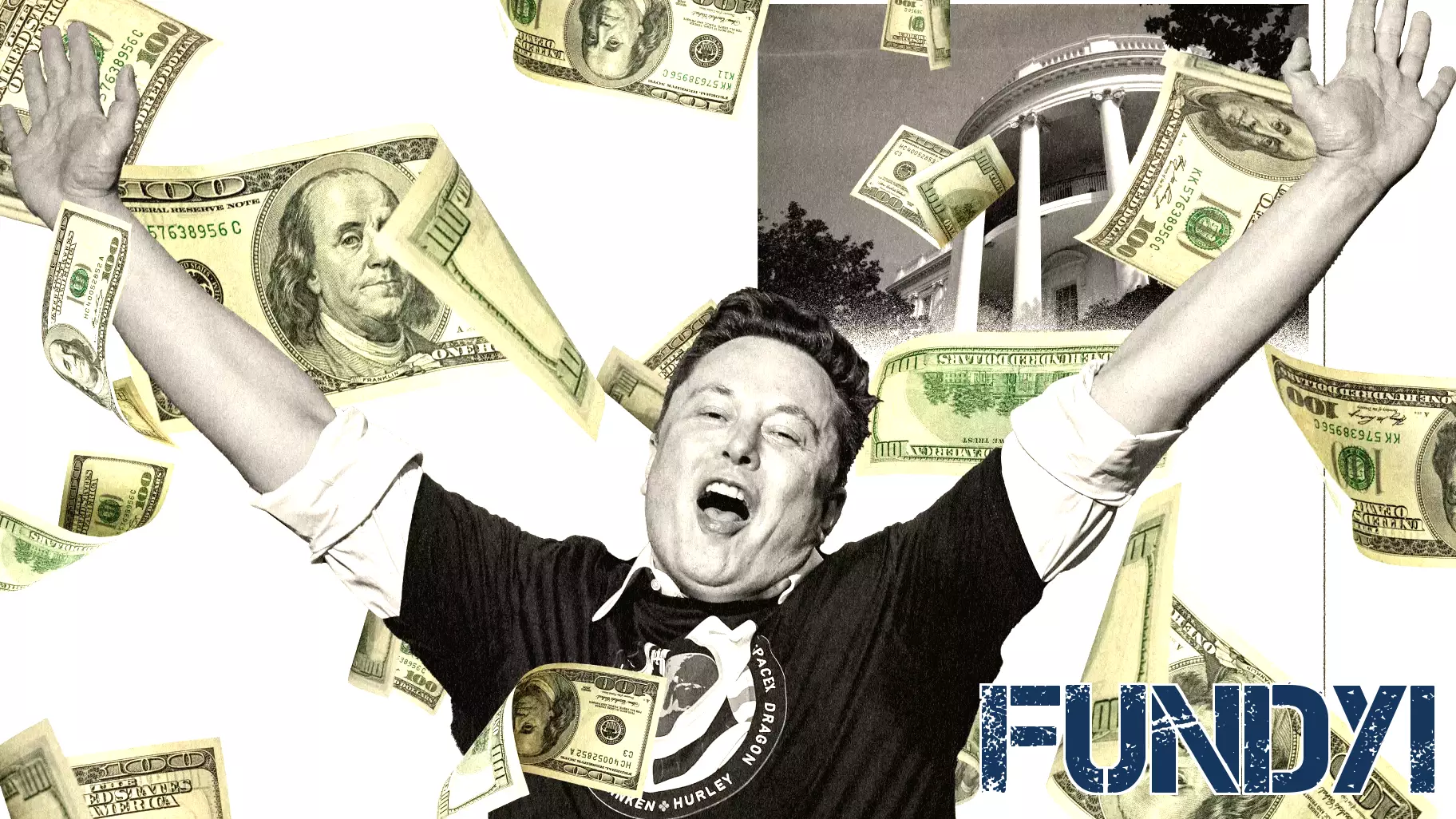January 18, 2025 - 16:25

In a pivotal moment for American politics, the intersection of Supreme Court rulings, Federal Election Commission actions, and a tumultuous political landscape has led to a significant erosion of campaign finance reform. The landmark Citizens United v. FEC decision, issued 15 years ago, has had lasting repercussions that many argue have severely compromised the integrity of political funding.
This ruling opened the floodgates for unlimited corporate and union spending in elections, fundamentally altering the dynamics of campaign financing. As a result, the influence of money in politics has surged, drowning out the voices of ordinary citizens and small donors. The Federal Election Commission, tasked with overseeing campaign finance laws, has struggled to adapt to this new reality, often appearing ineffective in enforcing regulations.
The combination of these factors has created an environment where political contributions are increasingly concentrated among a wealthy few. This has raised concerns about the potential for corruption and the diminishing power of grassroots movements, ultimately threatening the democratic process itself. As the political climate continues to shift, the implications of these changes will be felt for years to come.



